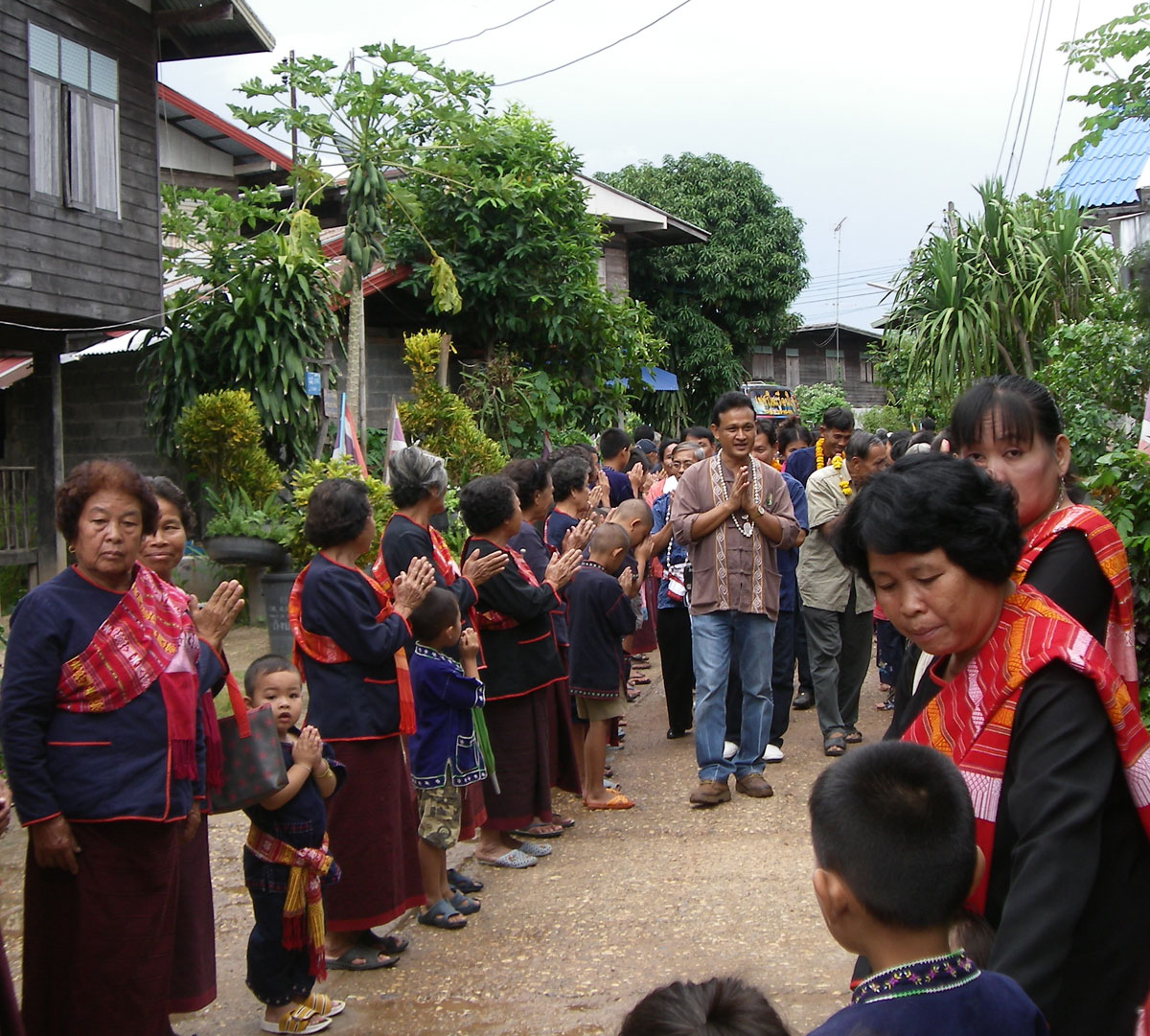Dr. Sirijit Sunanta Research Institute for Languages and Cultures of Asia, Mahidol University

This paper examines the ways in which growing multicultural awareness, along with the dominant trend towards economic and developmental localism, challenges and/or reifies center-periphery relations in Thailand and how this implicates the articulation of rights. Ban Phu villagers of the Phu Tai ethnic group present themselves as good rural Thai citizens who are development-oriented and loyal to the monarchy. They have keenly demanded rights to development, particularly to education, which they embrace as a route to social mobility. The study of this award winning Cultural Village suggests that local culture is not as much a basis for right claims as it is a means for economic development. While Ban Phu villagers assert their rights to relative economic autonomy, they do not demand cultural autonomy and challenge the pre-modern cultural hierarchy that places Bangkok as the center of state civilization and symbolic power.